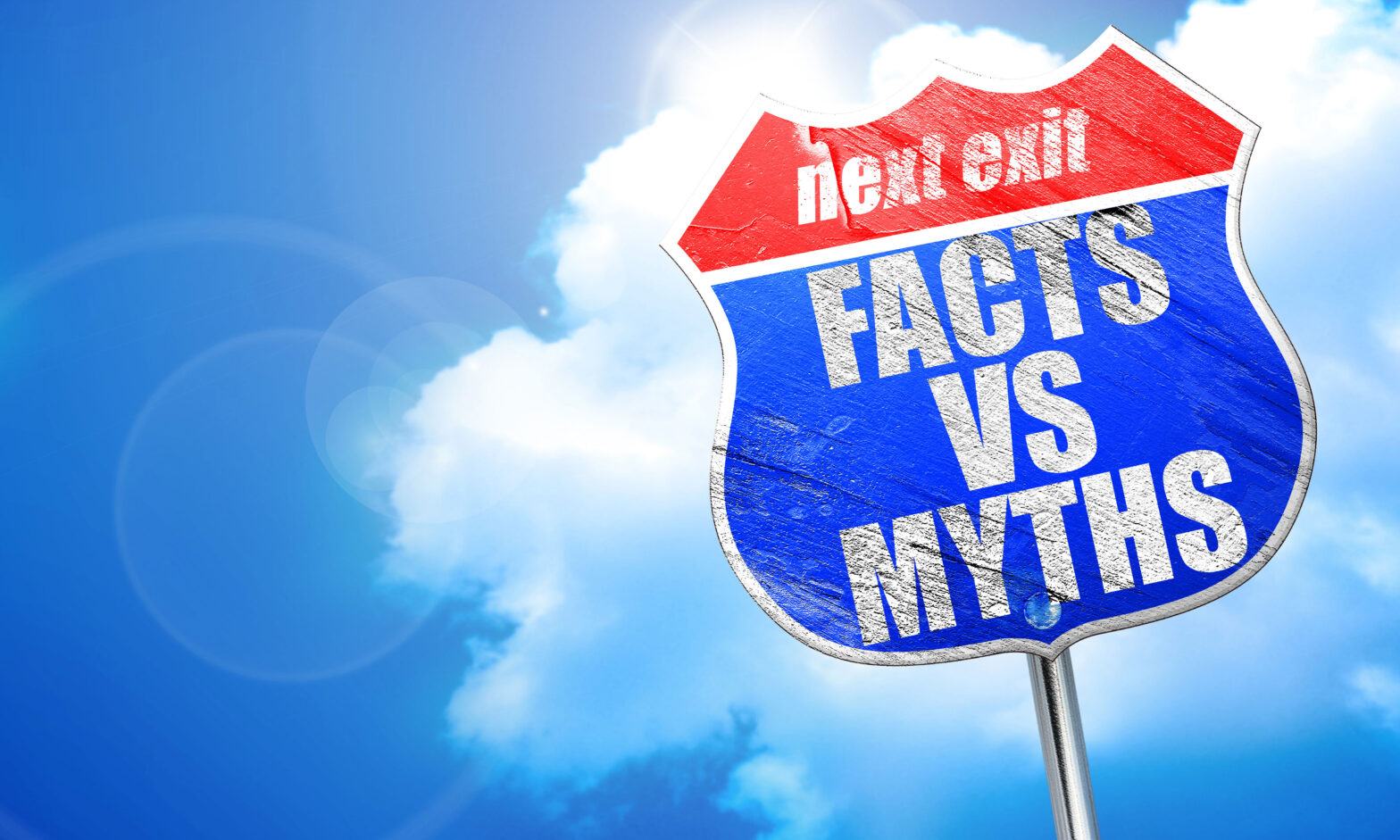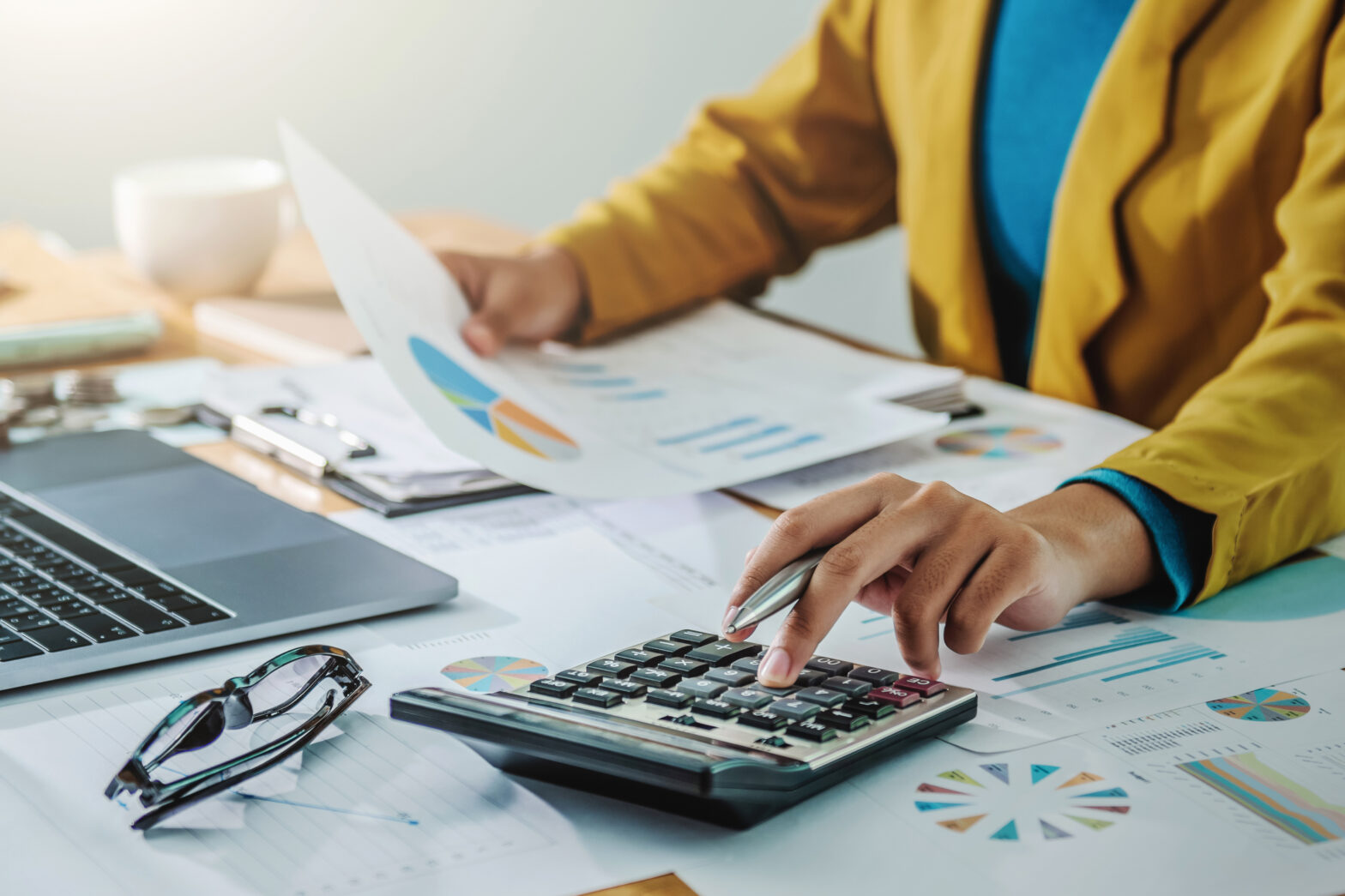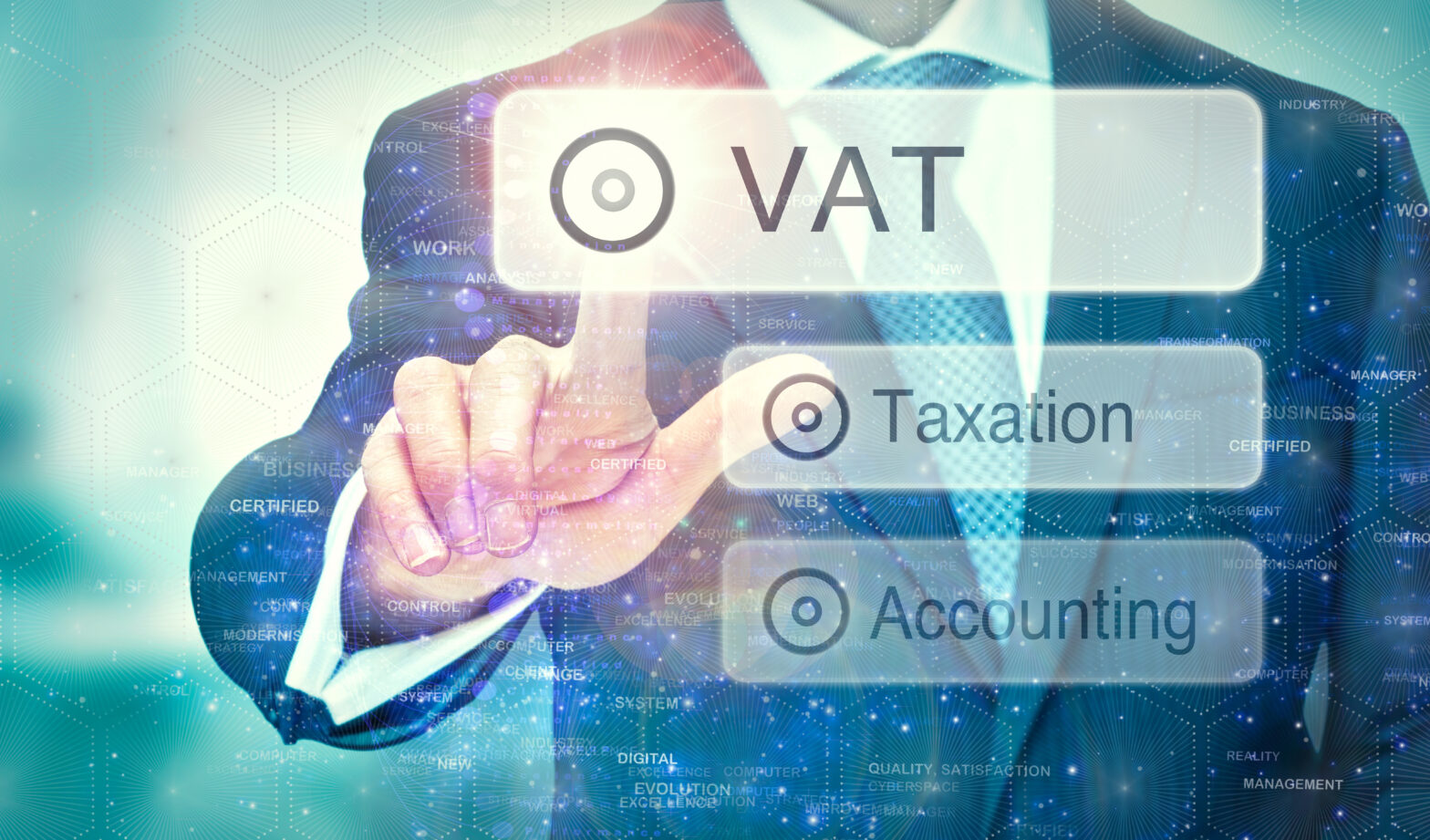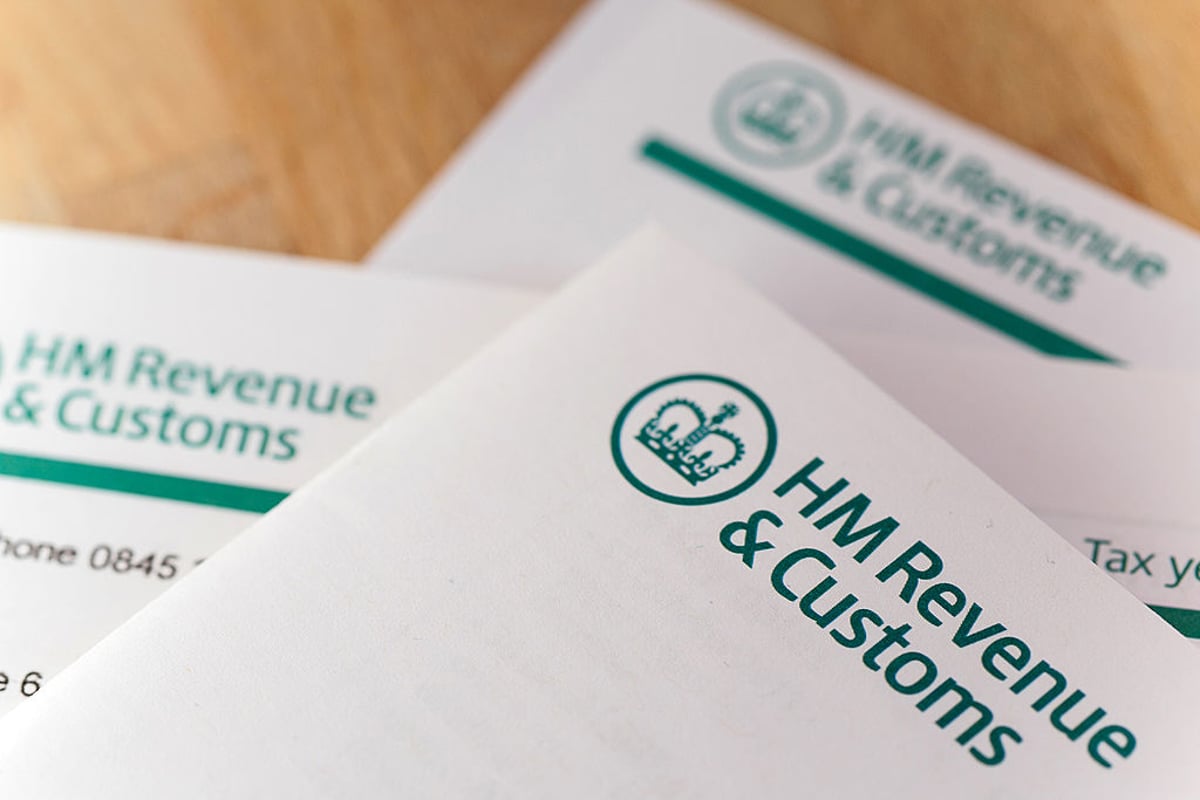Put simply, MTD is the government initiative to digitise the tax system and is being introduced in multiple stages over the next few years.
Since April 2022, MTD for VAT has applied to all VAT-registered businesses, with MTD for Income Tax set to be introduced in 2026. MTD for Income Tax was initially due to come into effect in 2024. However, due to the cost of living crisis, the UK government has delayed the mandate to relieve additional pressure from small business owners.
Also, in the most recent update, there is no mention of MTD for Corporation Tax. As it stands, HMRC is not expected to introduce a new MTD for Corporation Tax mandate prior to 2026. But it is expected that the mandate will require corporations to digitally record and submit their accounts and make quarterly updates to HMRC.
HMRC hopes the new system will be fairer and more efficient and make it easier for businesses and individuals to get their taxes right.
In this article, we’re aiming to clear up any remaining confusion by busting nine common MTD myths.
1. You’ll pay more tax with MTD
Provided you’ve been doing your tax returns correctly, you shouldn’t be paying any more or less tax than you were already. MTD is just trying to account for the billions of pounds in unpaid tax that’s lost to avoidable errors and fraud every year.
HMRC is still collecting the same old taxes, it’s just trying to improve the way they’re calculated and reported so that the system is fairer and more accurate.
2. All your accounting must be 100% digital
While MTD does require businesses to keep digital records, it doesn’t necessarily require you to fully digitise your accounting.
For example, you may be able to continue sending paper-based invoices to your clients and receiving paper receipts – you just need to make sure this data is transferred to a digital format in your accounting software as soon as possible.
That said, a 100% digital accounting process will make your life easier by reducing admin and giving you more time to spend on the more vital aspects of running your business. If you use your accounting software to issue invoices, that data is automatically digitised, with no need to do manual uploads later.
>See also: Making Tax Digital for VAT: 6 simple tips to get your business ready
3. MTD means I don’t need to submit a tax return
Under MTD rules, you still need to submit regular returns, you just need to submit them in a digital format.
If you’re a VAT-registered business, you should continue to submit quarterly VAT returns through your accounting software.
This will also be the case with MTD for Income Tax when that comes into effect in 2026. However, the Self-Assessment tax return will be replaced by an annual ‘final declaration’. In practice this means that by the end of your accounting period, and 31 January each year at the latest, you must submit an end-of-period statement for every business you own detailing your business income and expenditure for that year.
Then, by 31 January following the end of the tax year, you must make a single final declaration of all your business and non-business income to calculate your tax and National Insurance.
4. HMRC needs all your accounting data
While you might be concerned that MTD will require you to make more of your accounting data available to HMRC, so far, businesses haven’t had to provide any more data than they did under the previous system.
However, for MTD for Income Tax, you will have to provide data more frequently. Under the new system, you’ll be required to submit at least quarterly reports to HMRC detailing your income, allowable expenses, and any adjustments or reliefs.
There’s no legal requirement for these reports to be completely accurate. Instead, these give both HMRC and you a better idea of your tax position, which can help you to better assess your cash flow in advance of having to settle your eventual tax bill.
5. I have an accountant, so I don’t need to do anything for MTD
Yes, your accountant can continue to prepare your books and file digital returns on your behalf, but that doesn’t mean you can forget about MTD.
Your main ongoing responsibility will be maintaining digital records in HMRC-approved accounting software. Thanks to smartphones, this has never been easier. You can use apps to send digital invoices, review paperwork, and even digitise paper receipts. Your accounting app will also allow you to monitor your cash flow and stay on top of taxes.
Make sure to discuss record-keeping with your accountant, so that you can agree on a consistent and reliable process and avoid any hassle when deadlines are approaching.
6. MTD for VAT doesn’t affect me because I voluntarily registered my business for VAT
When MTD for VAT was first introduced in April 2019, voluntarily registered businesses were exempt.
However, as of April 2022, MTD for VAT has been expanded to all VAT-registered businesses regardless of turnover, including those that are voluntarily registered for VAT.
>See also: Making Tax Digital for VAT post-April: What now?
7. MTD doesn’t affect small businesses
As discussed above, MTD for VAT now includes all businesses regardless of turnover. Even the smallest businesses now have to use software to keep accounting records and file digital returns.
However, when MTD for Income Tax is introduced in 2024, it will only apply to businesses with turnover over £50,000 and subsequently to general partnerships with over £30,000 turnover from April 2027.
Any sole traders, partnerships, or landlords with an income of below £30,000 will be exempt until a review has taken place.
However, although HMRC hasn’t made any announcement yet, there’s always the possibility that this could change in the future.
8. I don’t run a business so I can forget about MTD
You might not run a business, but if, for example, you’re a landlord with a few properties, and your rental income is above £50,000, MTD for income tax will apply to you from April 2026.
Likewise, if you’re in full-time employment but have a side hustle as a freelancer that nets you a supplementary income of more than £30,000, you guessed it, you’ll need to follow the rules for MTD for Income Tax come 2027. And that goes for any VAT-registered individual too.
I’ve checked and I’m definitely not under the scope of MTD, so there’s nothing to do, right?
You might be right, but HMRC is introducing other MTD-related initiatives that could affect you if you’re a sole trader.
Basis period reform
For most sole traders, your accounting date (the date at which you draw up your accounts) and basis period (the period for which you’re liable for tax) match the tax year, 6 April to 5 April.
However, some sole traders, especially those that have seasonal trading or that work with foreign businesses, choose accounting dates and a basis period that don’t match the tax year. This means they can be taxed twice on their profits in their first years of trading, which they currently can’t claim back until their business closes.
To make things fairer, following a transition period in 2023/24, all sole traders or unincorporated businesses, regardless of when their accounting dates are, will have to use the tax year for their basis period and 5 April for their taxable date.
Points-based penalties
A new points-based penalty system will be introduced in January 2023.
Instead of receiving an instant fine for late submission, you’ll incur points. Once you reach a certain threshold for points, you’ll be fined.
This currently only applies to MTD for VAT but will also apply to MTD for Income Tax from April 2026.
Next steps for Making Tax Digital
Hopefully, you’re now clearer on how MTD applies to your business and what your responsibilities are.
Ultimately, MTD should make it easier for you to get your taxes right and to be sure that you’re paying a fair and correct amount of tax to HMRC.
This article was written as part of a paid-for content campaign with Sage.




